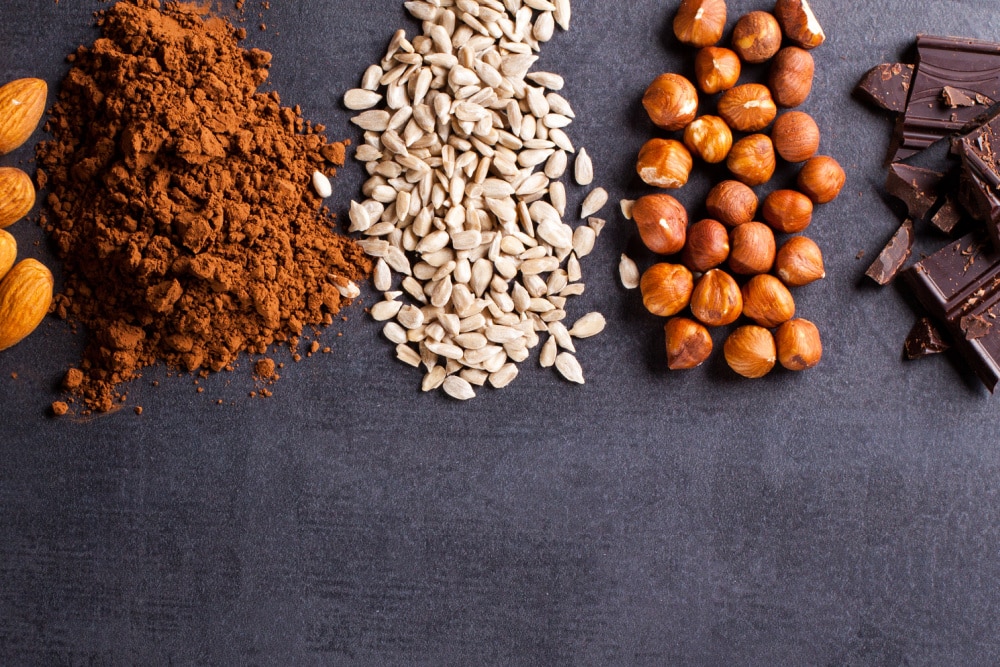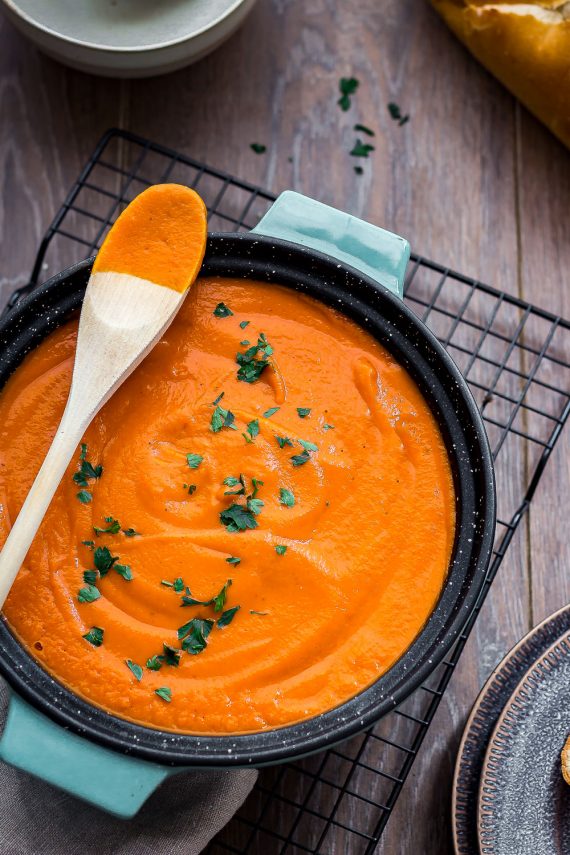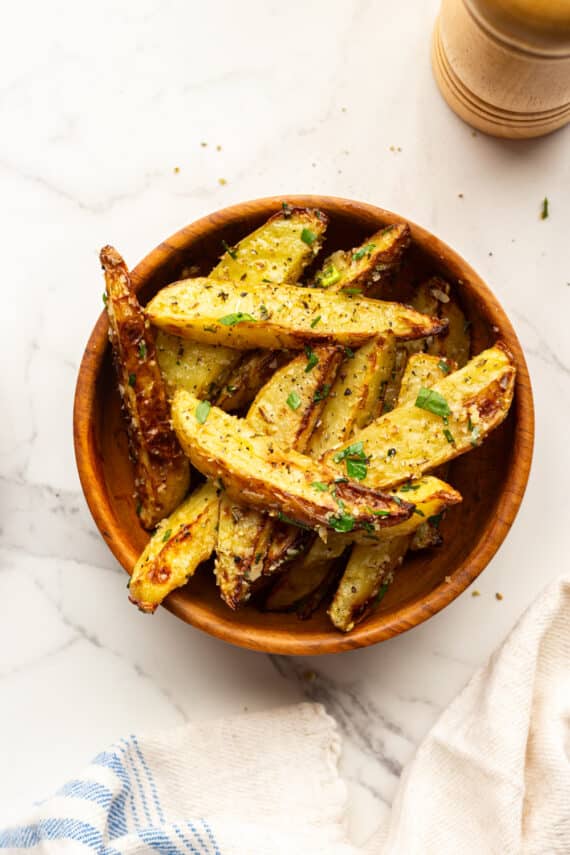Magnesium and the Low FODMAP Diet
Magnesium plays an important role in overall health, and many of us just simply don’t get enough if we over-restrict our diet. This article is going to teach you how to boost your magnesium intake while on the low FODMAP diet.
Why do we need magnesium?
Magnesium is vital for normal muscle and nerve function and a healthy heart (1 2 3 4). Evidence suggests it can help reduce cardiovascular risk factors such as hypertension, atherosclerosis, and metabolic syndrome (2). Magnesium also plays an important role in regulating blood pressure, blood glucose, and is essential for strong teeth and bones (1 2).
How much magnesium do you need per day?
Women:
- 19-30 years: 310mg
- 30 + years: 320mg
Men:
- 19-30 years: 400mg
- 30 + years: 420mg
* It’s important to note that your daily dose of magnesium from supplements should not exceed 350mg per day, otherwise you could experience diarrhea. It is safe to consume more than the recommended daily intake of magnesium from food (1).
Low FODMAP Magnesium Sources
Please note that the food serving sizes used to calculate the magnesium dose in the table below are often higher than the recommended low FODMAP serving. Please check the Monash Low FODMAP app for safe serving sizes for each low FODMAP magnesium source. This is not a complete list of all foods high in magnesium.
| Low FODMAP Food | Serving Size | Magnesium (mg) |
|---|---|---|
| Fruit & Vegetables | ||
| Spinach (cooked)* | 125ml (½ cup) | 83 |
| Swiss chard (cooked) | 125ml (½ cup) | 80 |
| Tamarind* | 125ml (1/2 cup) | 58 |
| Potato (skin on) | 1 medium | 47-50 |
| Banana (unripe) | 1 medium | 32 |
| Broccoli (cooked) | 125ml (1/2 cup) | 12 |
| Grains | ||
| Quinoa (cooked) | 125ml (1/2 cup) | 47 |
| Brown rice (cooked) | 125ml (1/2 cup) | 42 |
| Meat & Meat Alternatives | ||
| Tempeh | 150g (3/4 cup) | 116 |
| Tofu (prepared with calcium sulfate or magnesium chloride)** | 150g (3/4 cup) | 45-80 |
| Canned lentils (cooked) | 125ml (1/2 cup) | 34.5 |
| Canned chickpeas (cooked)* | 180g (3/4 cup) | 60-89 |
| Nuts & Seeds | ||
| Hulled pumpkin seeds | 60ml (1/4 cup) | 317 |
| Brazil nuts (without shell) | 60ml (1/4 cup) | 133 |
| Almonds* | 60ml (1/4 cup) | 88-109 |
| Sunflower seed butter | 2 tablespoons | 120 |
| Sunflower seeds without the shell | 60ml (1/4 cup) | 119 |
| Sesame seeds | 2 tablespoons | 56-86 |
| Peanuts, without shell | 60ml (1/4 cup) | 65 |
| Peanut butter | 2 tablespoons | 50-52 |
| Fish & Seafood | ||
| Salmon (cooked) | 75g | 92 |
| Halibut (cooked) | 75g | 80 |
| Mackerel (cooked) | 75g | 73 |
| Other | ||
| Dark chocolate (75 to 80%) | 30g | 63.8 |
(Table data soured from Dietitians of Canada, 2014; NIH: National Institutes of Health, 2016; Nutrition.Data.Self, 2016)
*Check serving size in Monash Low FODMAP app
** Choose firm tofu in water not silken tofu (high FODMAP)
Are you ready to take control of your gut symptoms?
No thanks, my gut is perfect.
Article continues below
Magnesium in Medication & Supplements
Magnesium citrate and milk of magnesia can both be effective for treating constipation as they have a laxative effect (4).
Magnesium supplements claim to improve energy, sleep cycles, and body aches, however the Harvard Heath Letter suggests that there is limited evidence supporting these claims (3). If you do decide to try a magnesium supplement, make sure you talk to your doctor before starting, as it can interact with some medications (4). If you do choose to use a magnesium supplement to support your daily health, check that your daily supplement dose does not exceed 350mg per day, otherwise you could experience diarrhea (1).
Final Thoughts
There are plenty of low FODMAP food sources that can help you boost your magnesium intake. Focus on eating low FODMAP leafy greens, nuts and seeds.
Image credit: Cegli/Shutterstock.com












A friend of mine started to take a magnesium supplement in order to get more energy, recommended by her doctor. And she is feeling great. Also I am not constipated, but It is difficult for me to “download” everything. I will consult my gastroenterologist before. Thanks so much for the information.
Hi Maria,
It’s good to hear that your friend has had some success with her magnesium supplement. Because everyone is different, it is a good idea to talk to your gastroenterologist before starting the supplement. They might also have some tips for you on how to manage the ‘incomplete’ emptying feeling that you are experiencing.